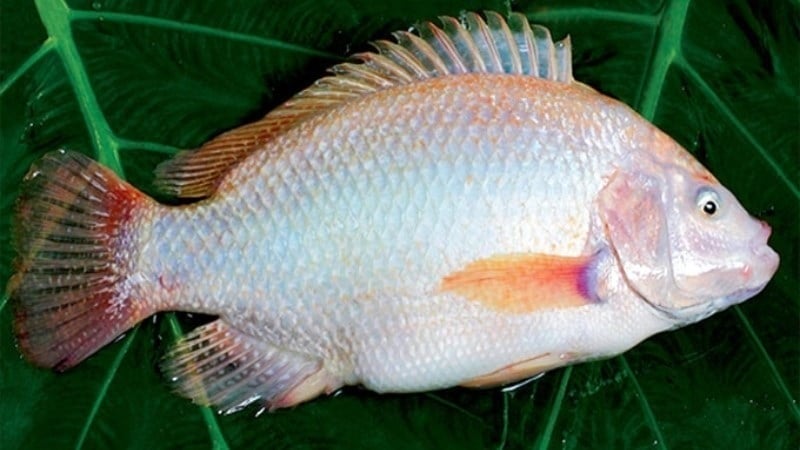Sardines
Sardines are small, slender fish commonly found in saltwater environments. According to the United States Department of Agriculture, sardines are an excellent source of omega-3 fatty acids, vitamins, and essential minerals. They also provide beneficial fats and cholesterol, contributing to cardiovascular health.
Notably, since July 2019, the US Food and Drug Administration (FDA) has listed sardines among the best types of fish for consumption. Another advantage of sardines is their short lifespan, which results in lower levels of harmful toxins. So, when you spot fresh sardines at the market, don’t hesitate to buy them and cook a healthy meal for your family.

Tuna
Tuna is a deep-water fish, resulting in tender meat with a rich flavor and minimal pollution. It’s an excellent choice for those looking to improve their cardiovascular health. Tuna helps regulate cholesterol, prevents atherosclerosis, and supports the prevention of heart disease and stroke.
Additionally, tuna is rich in iron, vitamin B12, and omega-3, which are essential nutrients for preventing anemia and protecting cardiovascular health, especially in the elderly.
Herring
Herring is a naturally occurring fish found in both freshwater and saltwater environments, and it is highly nutritious. It is rich in vitamins, calcium, and essential minerals like iron, zinc, and potassium. Notably, herring contains high levels of omega-3, EPA, and DHA, which improve blood circulation and protect cardiovascular health while preventing heart-related diseases.
Furthermore, the abundant vitamin D in herring supports bone and joint health, making it a safe and beneficial choice for seniors.
Striped Snakehead
Striped snakehead fish inhabit brackish and freshwater environments, such as estuaries, lowland areas, and floodplains. In traditional medicine, striped snakehead fish are believed to aid digestion and have positive effects on treating chronic colitis. With their relatively clean habitat and short lifespan, these fish have lower levels of mercury and other toxins, making them a suitable choice for daily family meals.
Silver Carp
Silver carp have elongated bodies, firm meat, and minimal bones and fishy odor. This type of carp is a rich source of valuable nutrients, especially omega-3 fatty acids, which are beneficial for brain health and cardiovascular wellness.
Due to their high oil content, silver carp are often referred to as “oily carp.” They are commonly processed through smoking or pre-packaging to ensure extended preservation while maintaining their nutritional value.

Halibut
Halibut inhabit the deeper regions of the sea and are naturally rich in protein and unsaturated fatty acids—a type of beneficial fat. Due to their pristine and deep-sea habitat, halibut are considered a safe choice, especially when sourced from natural seafood markets.
In many Asian countries, such as Japan, South Korea, and China, halibut is a favored seafood option. It is commonly prepared through grilling or served as sashimi (raw slices). With its low-fat content and abundance of omega-3, halibut serves as an excellent ingredient for nutritious family meals.
































